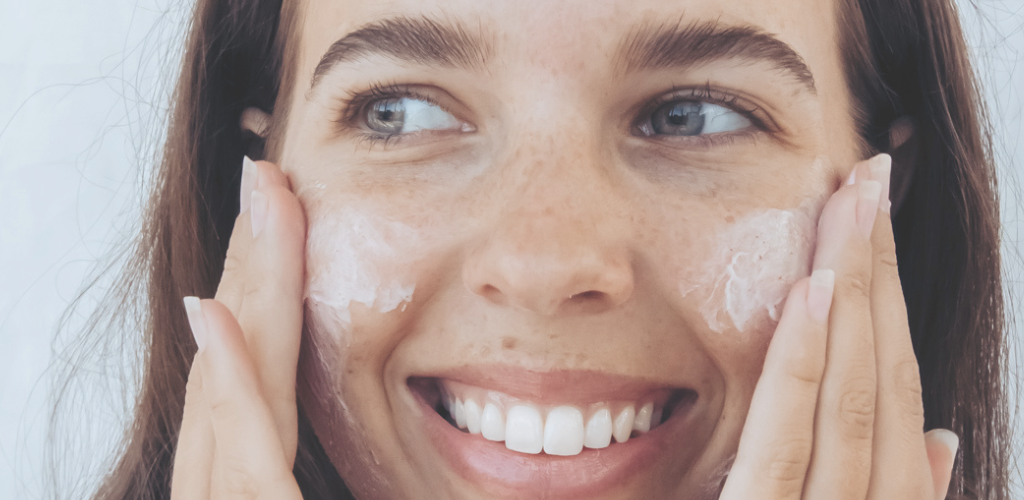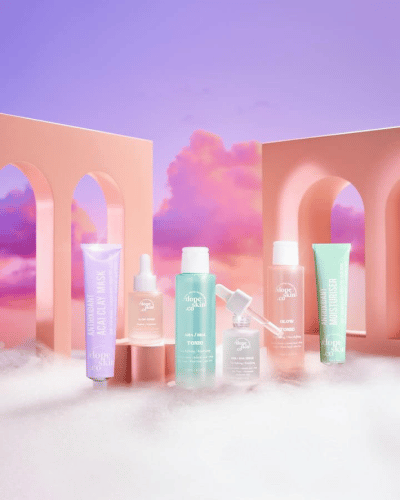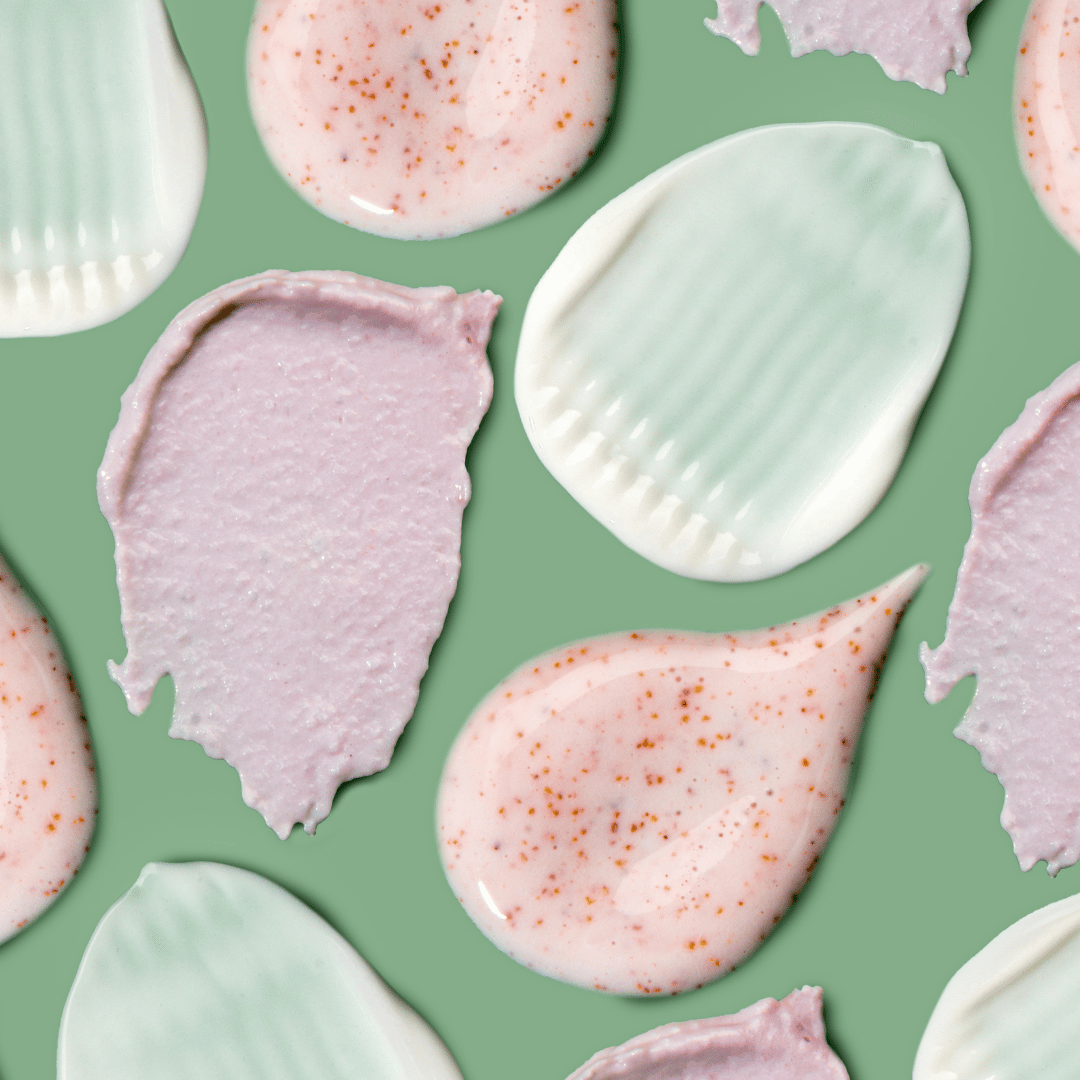
Everything You Wanted To Know About Clogged Pores, But Were Afraid to Ask!
Clogged pores are a common problem, but they don't have to be!
Clogged pores can lead to acne and blackheads and make your skin look dull. Luckily, knowing what causes clogged pores and how to treat them is the key to clear skin. In this article, we'll cover everything you need to know about clogged pores: what they are, why they happen, how to keep them under control, and more!

What are clogged pores?
If you've ever had a lot of pimples or blackheads, chances are you've experienced clogged pores. Clogged pores occur when the sebaceous glands in our skin produce too much oil and then become clogged with dirt, bacteria and dead skin cells.
Clogged pores can be caused by a number of factors, including genetics (if your parents have oily skin), hormones that make it easier for oil to build up on your face (like those during puberty) and using products that contain ingredients like alcohol which strip away the oil but don't replace it with anything else.
Luckily there are some simple things you can do to prevent them or treat them if they do happen:
-
Cleanse gently every day with an exfoliating cleanser that contains salicylic acid or glycolic acid – this will help slough off any dead skin cells that may be blocking your pores so they get back to normal size again more quickly than if left untreated!
Why am I getting clogged pores?
The causes of clogged pores can be complex and multi-faceted. However, there are some common factors that could be contributing to your skin condition. The most common culprits include:
-
Poor skin care
-
Hormones
-
Environmental factors (like pollution)
-
Diet—specifically dairy products, or foods with a high glycemic index (like sugars) or high fat content (like oils). This can also lead to hormonal imbalances, which cause your pores to produce more oil than usual.
-
Additionally, some people have a genetic predisposition towards oily skin or acne breakouts due to their family history; this is called "inherited."
How do you treat a clogged pore?
You can treat clogged pores in the following ways:
-
Use a gentle, natural and non-drying cleanser to remove the oil from your skin.
-
Use a toner to remove any residue and close up your pores. This will also help keep them clean for longer.
-
If you have really stubborn blackheads, you can use a clay mask to cleanse out your pores. Just make sure that it's non-comedogenic (non-pore clogging) so it won't cause more problems than it solves!
-
You can also try using facial masks containing clay or charcoal — these are great at removing dirt from deep inside the skin’s surface.
How can I clean my pores with natural ingredients?
There are several ways you can clean your pores with natural ingredients.
One way is to use Alpha-hydroxy acid (AHA) and/or beta-hydroxy acid (BHA). AHAs and BHAs are naturally occurring acids found in various fruits, vegetables and milk products.
These acids help exfoliate the top layers of skin by dissolving dead skin cells so that they can be removed more easily; this allows more oxygen to reach deeper levels of skin.
Should I still use moisturiser?
Moisturisers are designed to hydrate your skin, helping it stay soft and smooth.
They can also help with the appearance of pores, as they draw out impurities and excess oil so that they don't clog pores. But the key thing is that moisturisers shouldn't be applied over a thick layer of makeup because this will just clog up your pores even more!

Is it OK to squeeze clogged pores?
No, it's not OK to squeeze a clogged pore. You might think that since the pore is already clogged and inflamed, this will make it worse. But in fact you could be doing more damage than good by squeezing.
When you squeeze a clogged pore, you can cause permanent discolouration of your skin and scarring. If you don't get an infection from the bacteria in the clog, then you could still cause yourself some skin damage by trying to push out all of those dead skin cells at once—not fun!
Why do my pores look like holes?
Think of your pores as tiny holes in your skin that allow sweat and oil to come to the surface. They're like small tunnels connecting deeper layers of skin.
When pores become clogged, dead skin cells, dirt and oil block them from opening up properly. This can make you look red and irritated—and it can also give you acne!
Here's why: If a clogged pore becomes infected with bacteria or pus (a yellowish liquid), then the infection will spread through your body and cause more breakouts.
To prevent this from happening, I recommend washing your face twice a day with an exfoliator or cleanser that contains salicylic acid or glycolic acid. These ingredients help remove dead cells so they won't clog up any more pores while they're still traveling down into deeper layers of skin.
What is the best product for clogged pores?
If you have clogged pores, the first thing is to cleanse your face gently with a cleanser that has a low pH. A low pH means that it's more acidic than alkaline.
The second thing is to moisturise with a product that has a low pH. This helps the skin stay balanced, so it doesn't become too oily or too dry.
The third thing is to use a toner with a low pH when you're done cleaning and moisturising your face. This helps keep your skin clean and healthy because it gets rid of any dead cells on the surface of your face while maintaining its natural acidity level as well as helping clear up any leftover dirt from deep within each pore.

In conclusion, it's important to remember that clogged pores are normal and can be treated with natural ingredients. You should always clean your skin regularly, avoid products that irritate it and use a gentle moisturiser.



